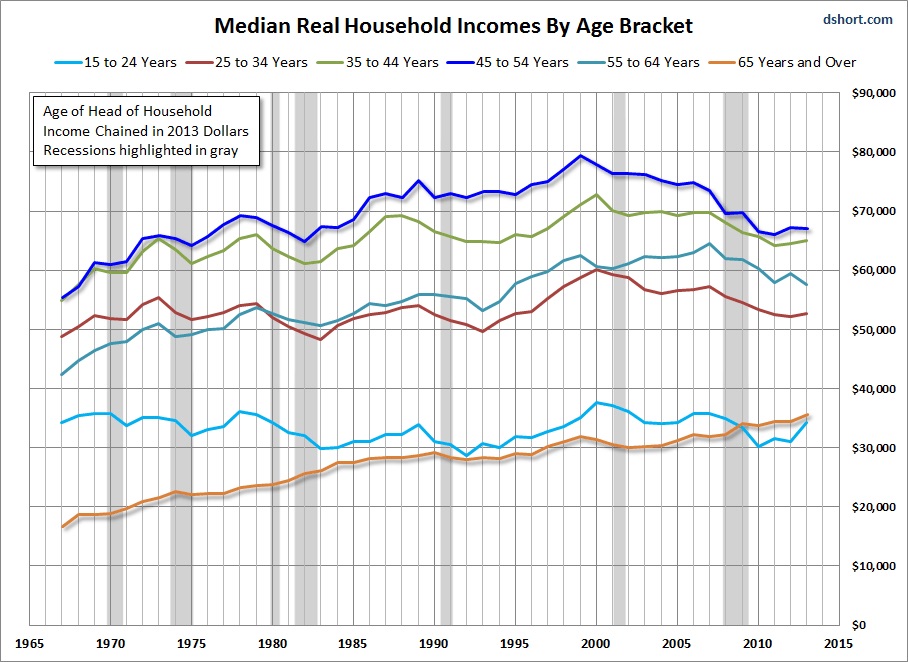In an op-ed in the Financial Times, the economist Branko Milanovic [advocates that](https://next.ft.com/content/2e3c93fa-06d2-11e6-9b51-0fb5e65703ce) in order to fight global poverty, we should introduce explicit systems of differentiated citizenship in wealthy countries under which immigrants (and their children? and their children’s children?) would be entitled only to a reduced package of rights. He argues that we should
> redefine citizenship in such a way that migrants are not allowed to lay claim to the entire premium falling to citizens straight away, if at all. Restricting the citizenship rights of migrants in this way would assuage the concerns of the native population, while still ensuring the migrants are better off than they would be had they stayed in their own countries. As happens currently in the Gulf states, migrants could be allowed to work for a limited number of years, or to work only for a given employer, or else be obliged to return to their country of origin every four or five years. They could also be made to pay higher taxes since they are the largest net beneficiaries of migration. Despite such discriminatory treatment, the welfare of migrants and their families would increase, while native populations would not be made to share their entire premium with incomers.
*Gastarbeiter* with second- or third-class status, perhaps forever. Now, I’ll say one thing for this proposal, which is that it would formalize something that currently exists, since in all wealthy countries there exists a layer of poor people (including many migrants) who enjoy only semi-citizen status (as [Elizabeth Cohen has documented](http://www.cambridge.org/gb/academic/subjects/politics-international-relations/political-theory/semi-citizenship-democratic-politics) ). And this layer, though many individuals pass through it and come out the other side, looks like a permanent feature of our societies. Up to now, however, few people have thought of this, and the consequent denial of rights to individuals and their vulnerability to domination and exploitation, as a good thing. Milanovic wants us explicitly to abandon the liberal and democratic principles of legitimacy that those who are subject to the laws of a society should (in time in the case of migrants) get to have the right to make those laws. In doing so, he goes far beyond similar proposals (for example [from Martin Ruhs](http://www.priceofrights.com/) that have been explicitly temporary in nature and have largely focused on labour-market rights. Milanovic’s lack of commitment to the norms of liberal democracy also comes across in the fact that he holds up illegitimate and tyrannical states, such as the Gulf kleptocracies, as models for his proposed policy. Part of what’s going on here is the economist’s perspective on policy, which just focuses on net improvements in well-being or utility, with income serving as a proxy, and which doesn’t, therefore, see human beings as possessed of basic rights which it is impermissible to violate. Rather, all and any rights can be sacrificed on the altar of income improvement, just in case someone is poor and desperate enough to make a deal (who are we, paternalistically, to stop them?). The road to hell is paved with Pareto improvements.
